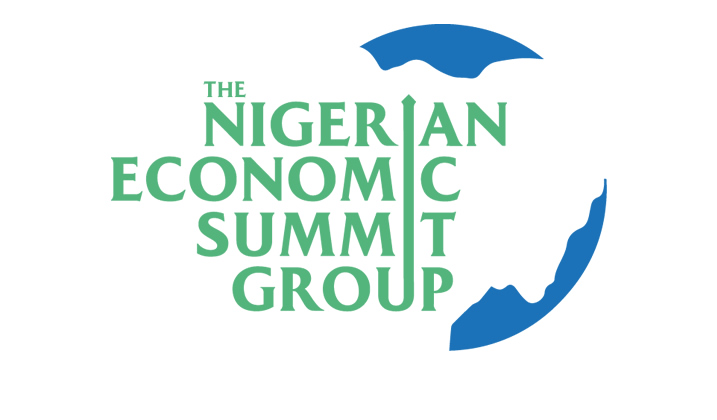BREAKING: Trade, Non-manufacturing Lead Business Performance Growth In April

The NESG-Stanbic IBTC Business Confidence Monitor (BCM) report has revealed that Trade and Non-manufacturing sub-subsector led business performance growth for the month of April, 2025.
The NESG-Stanbic IBTC BCM showed an increase in the current business index to 12.29 in April 2025 from 6.58 in March 2025. This performance is driven by improvement in business conditions and the uptick in business activities.
Notable strong performances were recorded in Trade with 25.12 points growth. The non-manufacturing subsector posted a growth of 23.59, while Manufacturing (8.78), Agriculture (7.02), and Services (6.54). While all sectors improved relative to their March 2025 performance, the Trade sector recorded the most significant leap, from 0.51 in March to 25.12 in April. The rise coincided with two major festivals that typically drive higher spending on food, clothing, and household goods.
The Report said “ranking of business challenges in April remains similar to March 2025, with power supply shortages continuing to pose the biggest obstacle to business growth. This is followed by the high cost of commercial leases and rental properties, limited access to finance, unclear economic policies, and restricted availability of foreign exchange.”
It added that “despite the generally positive trend, structural challenges continued to dampen overall business growth. The general business situation remained positive, with improvements in production levels, operating profits, cash flow, and employment.”
Meanwhile, the report noted that “persistent power shortages, high commercial lease/rental property costs, limited access to financing, inadequate foreign exchange availability, and unclear economic policies emerged as key constraints to business expansion.
“High commercial lease/rental property costs remained a notable challenge for the second consecutive month, highlighting their disruptive effect on business operations. Similarly, restricted access to financing continued as a structural barrier, further limiting business growth throughout the month.”
Stanbic IBTC said that “the current business conditions amongst Nigerian businesses improved further to their highest level since we began coverage of the Business Confidence Monitor (BCM) over seven months ago.
“This is as business activity improved across all the sectors covered by the survey, with Agriculture returning to positive in April from a negative index in March.”
The Bank noted that “the notable recovery in Agriculture at the start of Q2 2025 reflects off-season harvest in the Northern region of the country, which ensured there were strong gains in crop production and Agro-allied activities during the month. Another significant improvement indicated by the survey was in the Trade sector, coinciding with the festivities witnessed in the month, which drove higher consumer spending on household goods, food, and clothing.
“Meanwhile, businesses remain cautiously optimistic regarding an improvement in the business environment over the next one to three months, although the Trade sector witnessed the highest level of optimism in near-term business prospects.”
It pointed out that “Nigeria’s business conditions started Q2 2025 on a positive note, and we expect this trend to be maintained, albeit relatively slower than witnessed in Q1 2025.”
